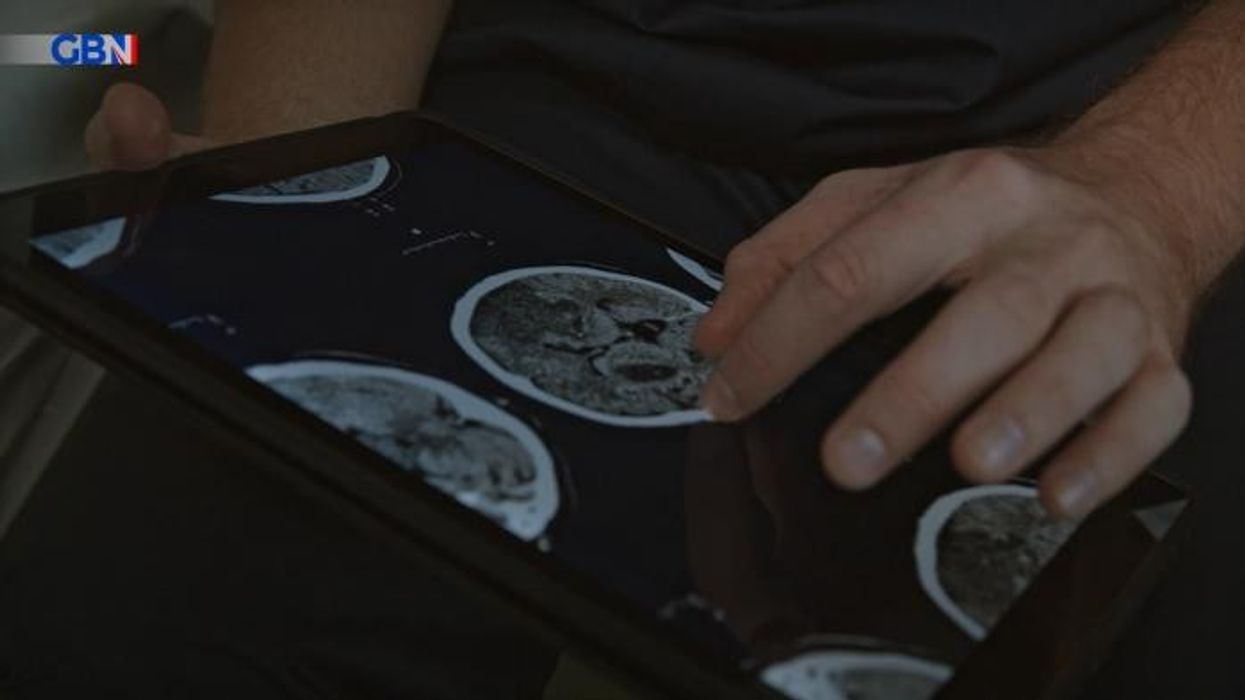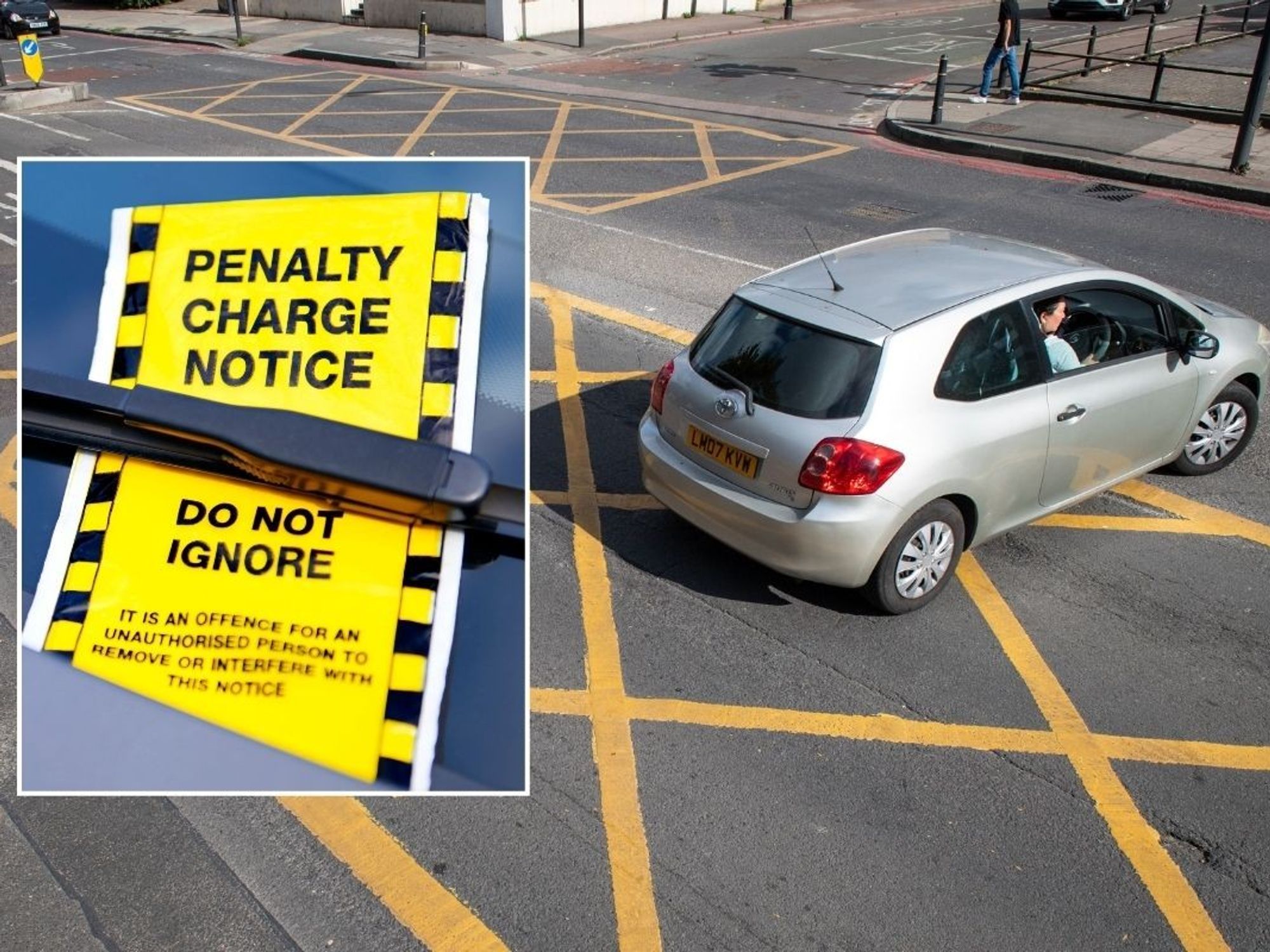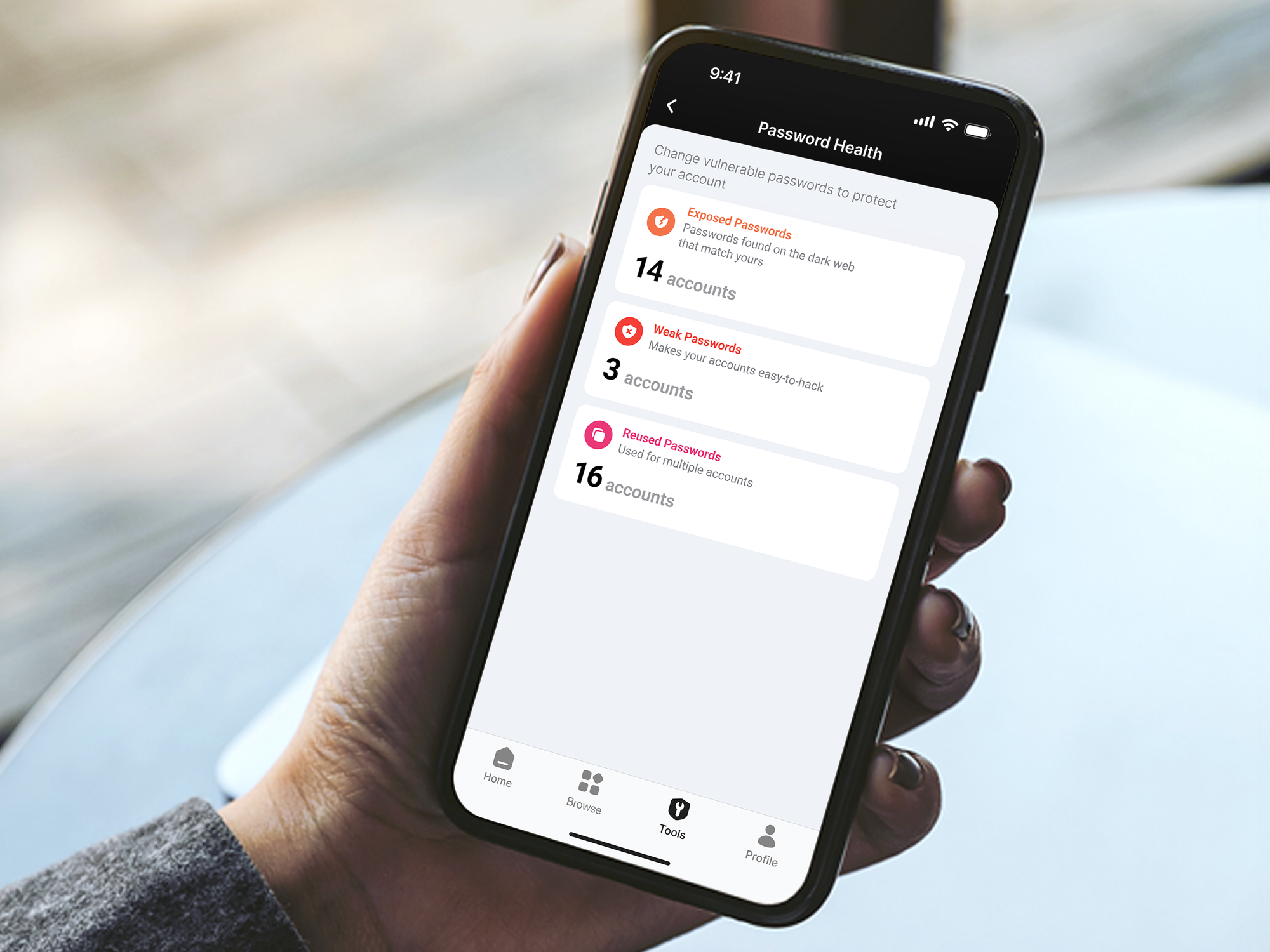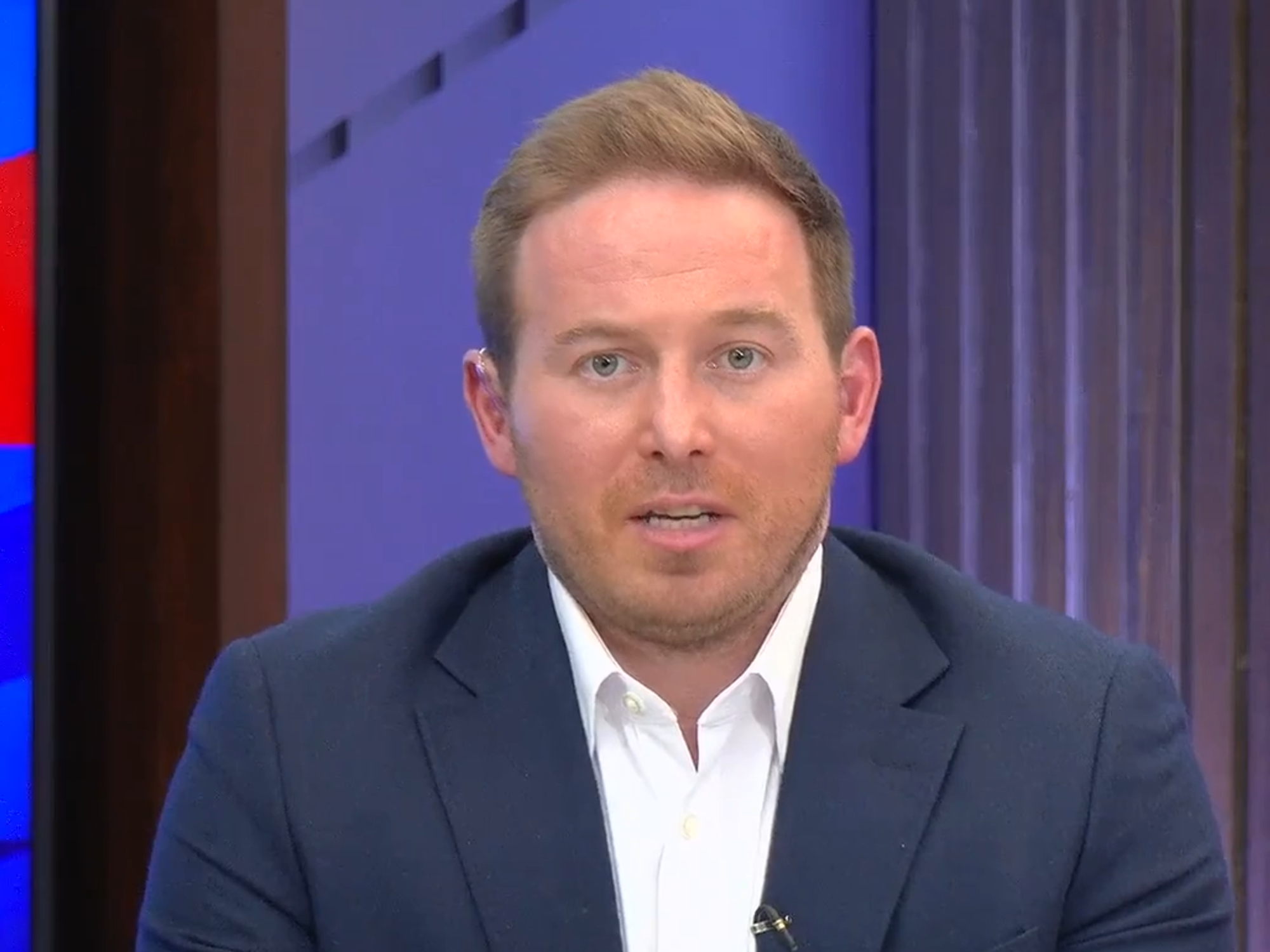'I'm a neurologist - 4 physical signs may signal a heightened dementia risk, including one that strikes during sleep'

The symptoms range from sleep behaviour patterns to emotional well-being measures
Don't Miss
Most Read
A neuroscientist known as Dr Bing has gained attention on TikTok by revealing five warning indicators that may suggest heightened vulnerability to dementia.
The medical professional shared these markers with his social media audience, explaining how certain physical capabilities and psychological states could signal future cognitive decline, with some occurring during sleep.
Dr Bing's assessment encompasses both motor function tests and mental health factors that research has linked to neurodegenerative conditions.
**ARE YOU READING THIS ON OUR APP? DOWNLOAD NOW FOR THE BEST GB NEWS EXPERIENCE**
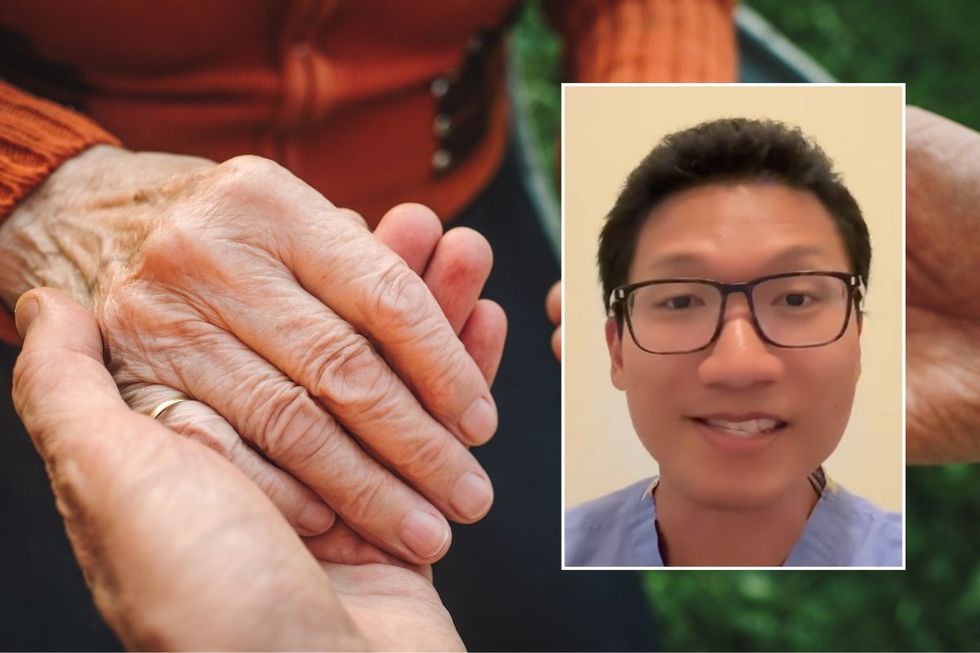
Different psychological states could signal future cognitive decline
|GETTY / TIKTOK / DR.BING
Breaking down the different indicators, Dr Bing provided scientific explanations for why the particular signs matter for brain health monitoring.
The five markers range from simple balance assessments to sleep behaviour patterns and emotional well-being measures.
The first physical test involves maintaining balance on a single foot for a minimum of 10 seconds. Dr Bing told viewers: "If you're 70 years old or younger, you should be able to do this."
He explained that failing this test "is associated with increased risk of dementia because impaired balance reflects early dysfunction in the brain regions responsible for motor control, such as the cerebellum and basal ganglia, which are also affected in neurodegenerative processes".
The second assessment requires performing an unassisted squat from a standing position. Medical professionals typically evaluate this ability through chair-based standing exercises.
Dr Bing noted that struggling with this movement "is associated with dementia risk because poor lower limb strength and mobility indicate early decline in neural circuits involved in both motor and cognitive function".
The third warning sign involves unusual sleep behaviours, particularly physical movements during dreams.
Dr Bing stated: "If someone is frequently kicking, screaming or punching their partners in bed, this can be seen in REM sleep behaviour disorder (RBD) and is a strong predictor of future dementia, especially synucleinopathies like Lewy body dementia and parkinson's disease."
He clarified that "in RBD, there is early degeneration of brainstem structures that regulate REM sleep atonia".
Emotional isolation represents the fourth indicator, with Dr Bing explaining loneliness "is associated with increased dementia risk due to chronic activation of stress pathways, increased inflammation and reduced neurotrophic support, which leads to accelerated nerve degeneration".
LATEST DEVELOPMENTS
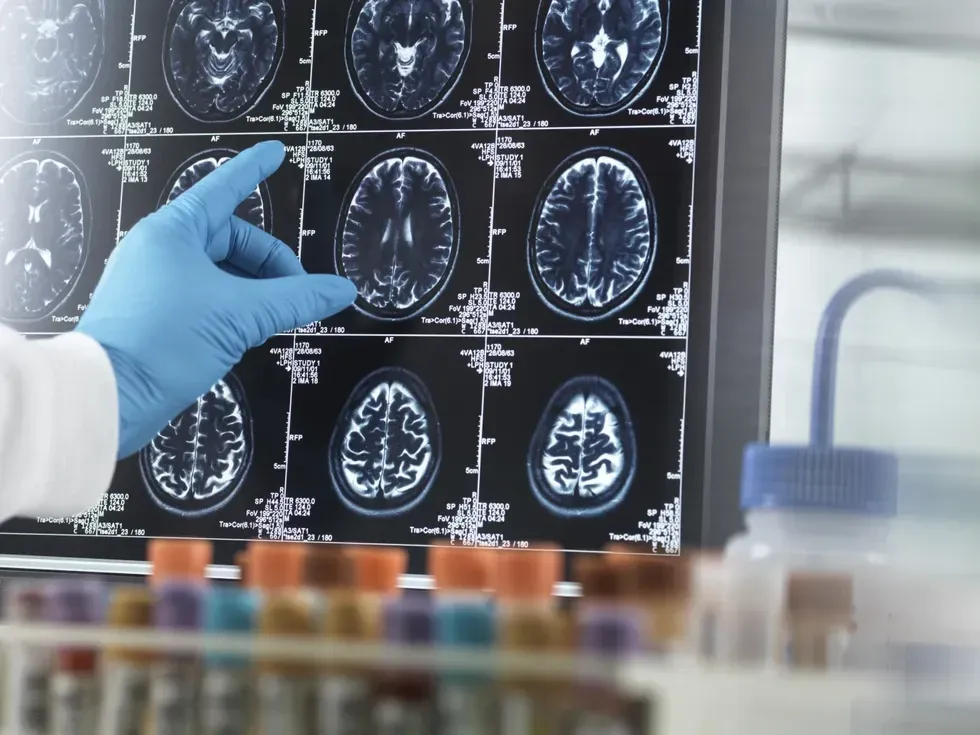
Loneliness is associated with accelerated nerve degeneration
| GETTY / BRAIN SCANHe further highlighted that feelings of isolation correlate with "reduced grey matter volume and altered BDNF expression, which can lead to cognitive decline".
The final indicator focuses on hand grip weakness. Dr Bing explained that diminished gripping power "reflects overall physical frailty and is correlated with reduced brain volume and impaired executive function".
This measurement serves as a broader marker of physical decline that extends beyond muscular strength alone.
He explained that the connection between grip strength and cognitive health demonstrates how physical frailty can mirror neurological deterioration, making it a valuable screening tool for potential dementia risk.


